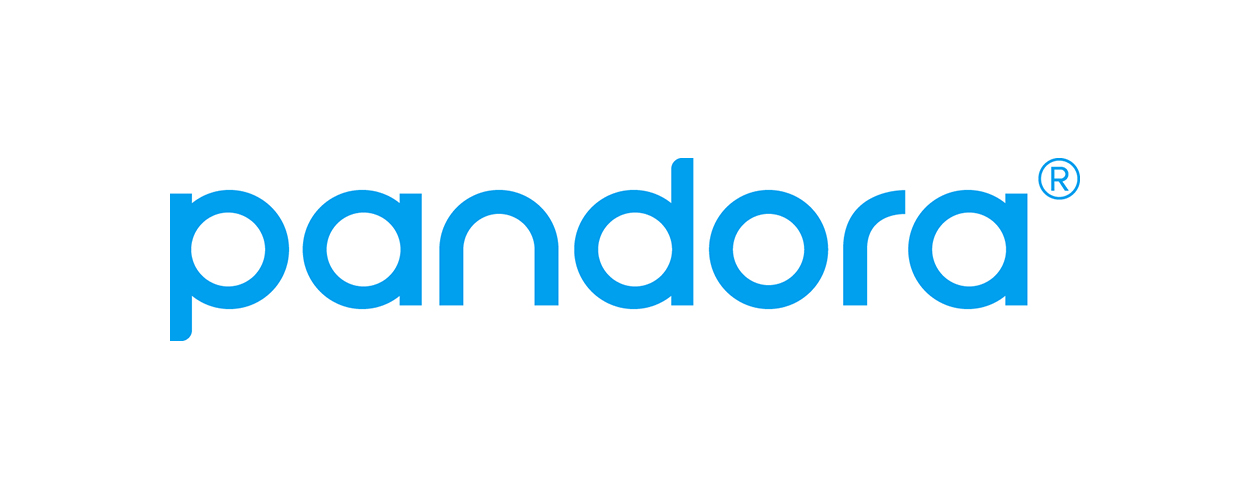This website uses cookies so that we can provide you with the best user experience possible. Cookie information is stored in your browser and performs functions such as recognising you when you return to our website and helping our team to understand which sections of the website you find most interesting and useful.
Business News Digital Labels & Publishers Legal
Pandora faces another comedy lawsuit over unlicensed jokes
By Chris Cooke | Published on Wednesday 2 March 2022

Another comedian has filed a lawsuit against Pandora over allegations the streaming firm does not properly license his comedy recordings. This time the lawsuit has been filed by Nick Di Paolo, who previously worked for Pandora owner Sirius XM before being fired in 2018 over a controversial tweet.
Di Paolo’s lawsuit is very similar to those filed last month by Andrew Dice Clay, Bill Engvall and Ron White, and the estates of Robin Williams and George Carlin.
The basic argument is that just like a music track contains two copyrights (ie one in the recording and one in the underlying song) so do any recordings of comedy routines (ie the one in the actual recording and another in the words of the routine, the latter being a literary work in copyright terms).
In music, streaming services secure two sets of licences, one from the record labels and music distributors covering the copyright in the recordings, and another from the music publishers and collecting societies covering the copyright in the songs. But with comedy content, to date services have only usually had licensing deals with the labels or distributors who upload the recordings.
This has become a bit of a talking point in parts of the US comedy community in the last few years, mainly because of the launch of a couple of agencies seeking to represent comedians and other spoken word performers in licensing their literary works. One of those agencies, Word Collections, is working with Di Paolo.
The new lawsuit – like last month’s legal filings – also notes that Pandora, back when it was a publicly listed company, admitted to its investors via formal filings that it was arguably under licensing spoken word content, which was a risk for the business.
It states: “In Pandora’s own SEC 10K public filing with the Security And Exchange Commission from 2011 to 2017 … Pandora admitted in its risk factors ever year that it performs spoken-word comedy content ‘absent a specific licence from any performing rights organisation’ and it has never obtained a licence for the underlying literary works for the sound recordings of spoken-word comedy content that it streams”.
“Pandora further admitted”, it goes on, “that it ‘could be subject to significant liability for copyright infringement and may no longer be able to operate under [their] existing licensing regime'”.
The Di Paolo lawsuit then says: “The bottom line is that Pandora’s actions were wilful and they knew they had their hand in the cookie jar and would eventually get caught – it was just a matter of when. Di Paolo would likely give the following advice to Pandora from his dad: ‘[Comedy] is like pizza, even when it’s bad you still gotta pay for it’ – the only difference is, Di Paolo’s comedy isn’t bad, which means it’s worth even more”.
Like the other comedians who have already gone legal, Di Paolo is seeking statutory damages of $150,000 per infringed work. Though he has quite a lot more content on Pandora than the other comics, meaning his statutory damages demand comes in at $21.3 million.
Pandora is yet to comment on any of this litigation.





